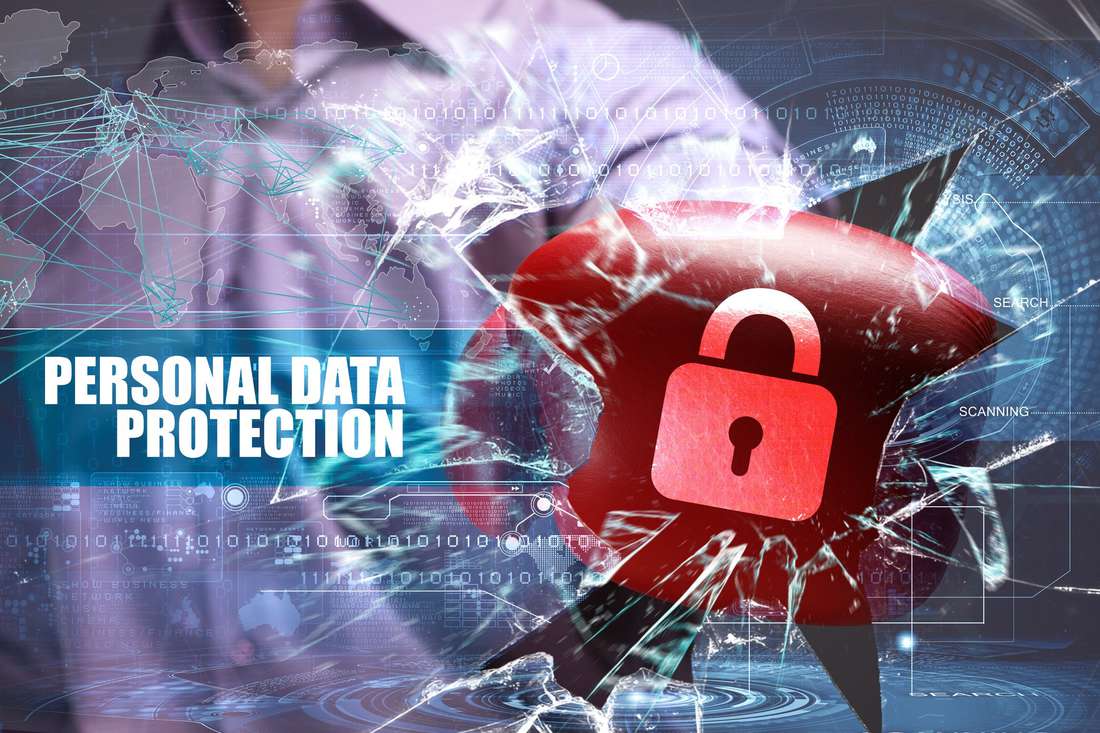Enact laws to protect workers’ personal data

What you need to know:
- Attempts have been made to ensure employees log in and are on until the close of work.
- But this is counter-productive, ineffective and demoralising.
Covid-19 has brought disruptions to work and created a challenge for employers’ supervisory capability.
Though most firms have clear guidelines and have provided tools to enable productivity, the question is how to tell that workers’ time is dedicated to the employer.
Attempts have been made to ensure employees log in and are on until the close of work, but this is counter-productive, ineffective and demoralising. Others ensure daily key deliverables are set and met but challenges like power blackouts and poor internet network are common excuses for poor performance.
Workers forget that with technology, employers can monitor them.
EMPLOYEES BEING MONITORED
Employees will be shocked to know they are being monitored without their knowledge. Not just when working from home but also while at the office.
A company can monitor how much time you spend on your emails and the internet on non-work-related searches, including sending job applications. Your office phone is at their disposal. They may monitor how much time you take on a call and the person you have been talking to.
If you are the busybody type that takes pleasure in chatting and distracting colleagues, all these can be tracked using cameras, including the one on your laptop.
PERSONAL INFORMATION
Proximity access technology is efficient, but you will be surprised at how much personal information is collected and may be accessible to third parties who own the system.
The employer will monitor your social media activities if need arises.
Though you may have a pseudo account, they know that too. Even when you are busy mobilising for social justice while at the office, you are the politest non-controversial favourite of many. Your social media activity is increasingly becoming a reference check for employers, so keep it focused and authentic.
It is about time surveillance protocols and guidelines are made part of standard HR policies. They may exist, but mostly with IT and perhaps classified.
While there is no turning back on technology, laws that protect data being harvested from workers must be enacted.
Organisations hold a lot of personal information and as they continue to figure out how to use it effectively without breaching confidentiality, keeping it secure is an area of concern.
Ms Muthiani is director, MillenNial HR





